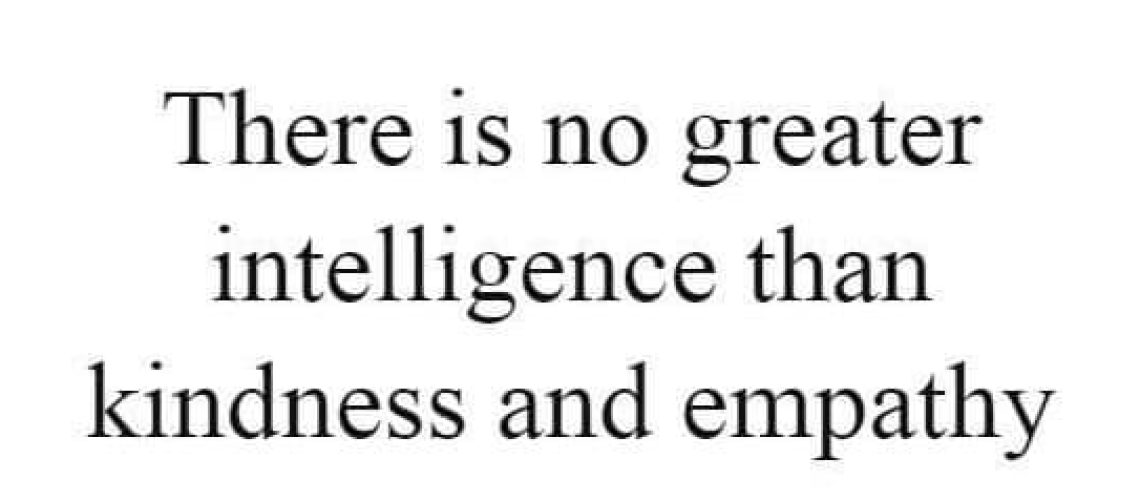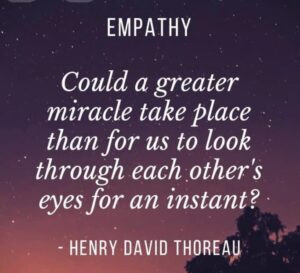 The importance of teaching empathy and kindness in schools where it often seems fixated on academic achievement and where success is often measured by grades and accomplishments, the crucial values of empathy and kindness can easily slip through the cracks.
The importance of teaching empathy and kindness in schools where it often seems fixated on academic achievement and where success is often measured by grades and accomplishments, the crucial values of empathy and kindness can easily slip through the cracks.
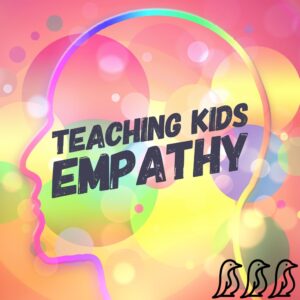 As parents and educators prioritize academic excellence, the development of these fundamental human traits tends to take a back seat, inadvertently contributing to the emergence of a generation that may excel academically but lacks the essential qualities that make us compassionate and understanding beings.
As parents and educators prioritize academic excellence, the development of these fundamental human traits tends to take a back seat, inadvertently contributing to the emergence of a generation that may excel academically but lacks the essential qualities that make us compassionate and understanding beings.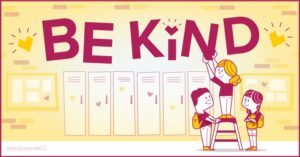
The relentless pursuit of academic success by well-meaning parents has inadvertently led to a society where empathy and kindness are undervalued and, at times, overlooked. 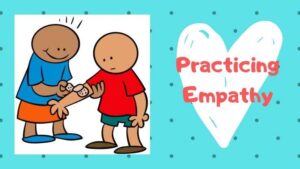 Children are often pushed to their limits to achieve top grades, win competitions, and secure spots in prestigious institutions. In this high-pressure environment, the significance of fostering qualities like empathy and kindness is diminished, resulting in the unintentional cultivation of a generation that prioritizes individual success over collective well-being.
Children are often pushed to their limits to achieve top grades, win competitions, and secure spots in prestigious institutions. In this high-pressure environment, the significance of fostering qualities like empathy and kindness is diminished, resulting in the unintentional cultivation of a generation that prioritizes individual success over collective well-being.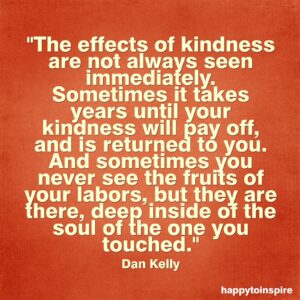
It is crucial to recognize that empathy and kindness are not merely soft skills; they form the bedrock of a harmonious and understanding society. When these values are instilled in children from a young age, they act as a catalyst for creating a world where hatred and wars become relics of the past. Empathy enables individuals to step into others’ shoes, fostering a deep understanding of diverse perspectives and life experiences.  Kindness, on the other hand, creates a ripple effect, inspiring positive actions that transcend individual interests.
Kindness, on the other hand, creates a ripple effect, inspiring positive actions that transcend individual interests.
The implications of neglecting empathy and kindness in education are far-reaching. In the absence of these virtues, we risk raising a generation of individuals who may excel in their careers but struggle to form meaningful connections, both personally and globally. The rise of narcissistic tendencies, where self-interest trumps empathy for others, becomes a concerning trend that perpetuates a cycle of individualism rather than fostering a sense of community and shared responsibility.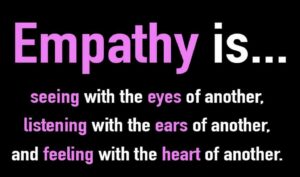
To break free from this cycle, it is imperative to integrate empathy and kindness into the educational curriculum. Schools should not only be institutions of academic learning but also nurturing grounds for emotional intelligence and social skills. Incorporating lessons on empathy can help children understand the impact of their actions on others, promoting a sense of responsibility for the well-being of those around them. Teaching kindness, meanwhile, cultivates a culture of compassion, encouraging students to uplift and support one another rather than viewing success as a zero-sum game.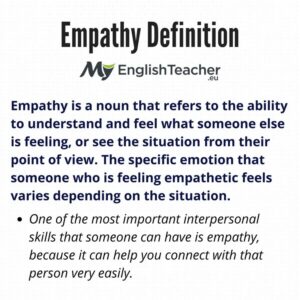
In a perfect world, empathy and kindness would be as integral to education as mathematics and science. Imagine a society where children are not only taught to solve complex equations but also equipped with the tools to navigate the complexities of human emotions. In such a world, the pursuit of excellence would extend beyond individual accomplishments to collective well-being, fostering a sense of unity and understanding.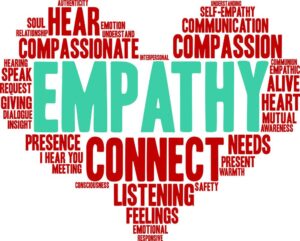
While the concept of a perfect world may seem utopian, the reality is that change begins with small, intentional steps. By placing a greater emphasis on empathy and kindness in schools, we can lay the foundation for a future where individuals are not only intellectually adept but also emotionally intelligent and compassionate. As we empower the younger generation with these essential values, we pave the way for a world where harmony, peace, and love prevail—a world where empathy and kindness are not just taught but lived.

